32 TV Shows About Blue Collar Characters
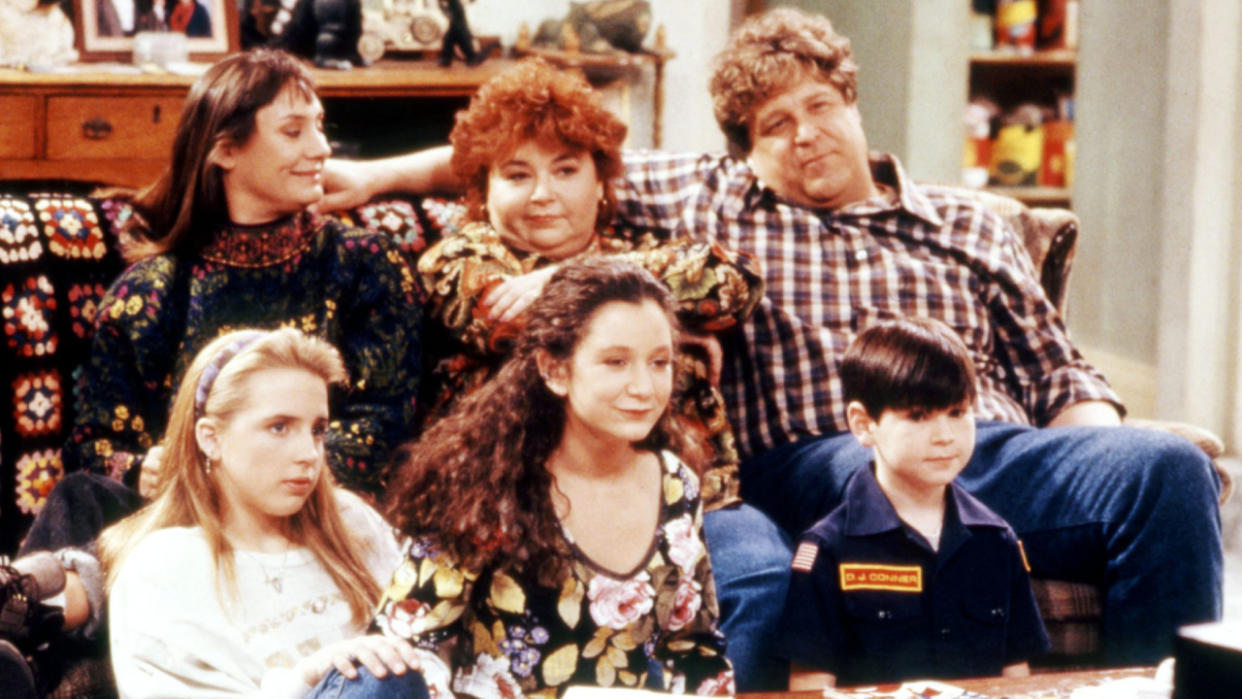
Some audiences love watching TV shows like Downton Abbey, Mad Men, Succession, or Dallas to catch a glimpse of what a more “luxurious” lifestyle might be like. However, those same working-class individuals are also appreciative (perhaps even moreso) of series that put people like them in the spotlight. The following are some of our favorite examples of TV classics in which blue-collar characters are the central focus.
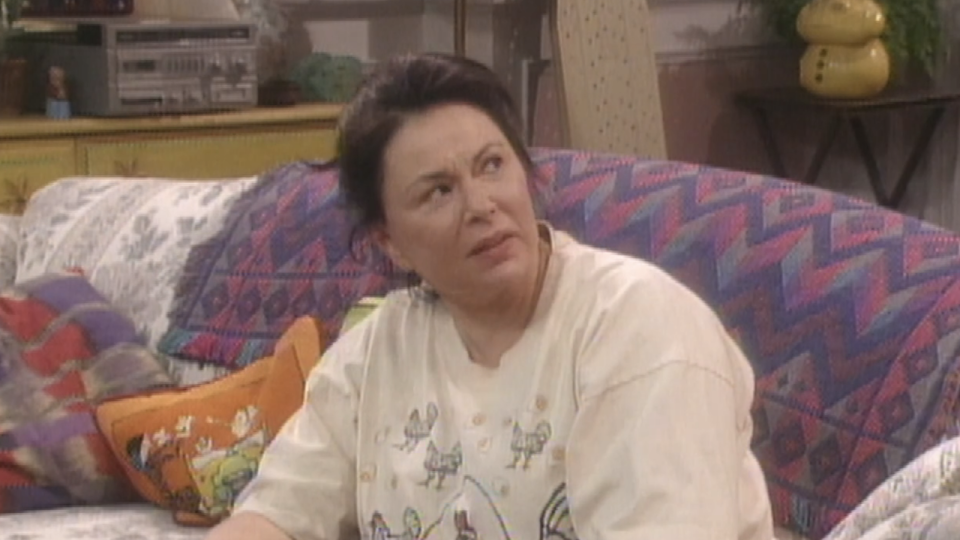
Roseanne (1988-2018)
Roseanne’s depiction of a working-class family, with Roseanne Barr’s title role taking on telemarketing, the fast food industry, and other small jobs and Dan (John Goodman) being a contractor, made it one of the most groundbreaking sitcoms of its time. Later rebranded as The Conners following its 2018 revival, the original last season saw the characters’ lives change when they won the lottery, but that was revealed to be a fantasy in the controversial finale.
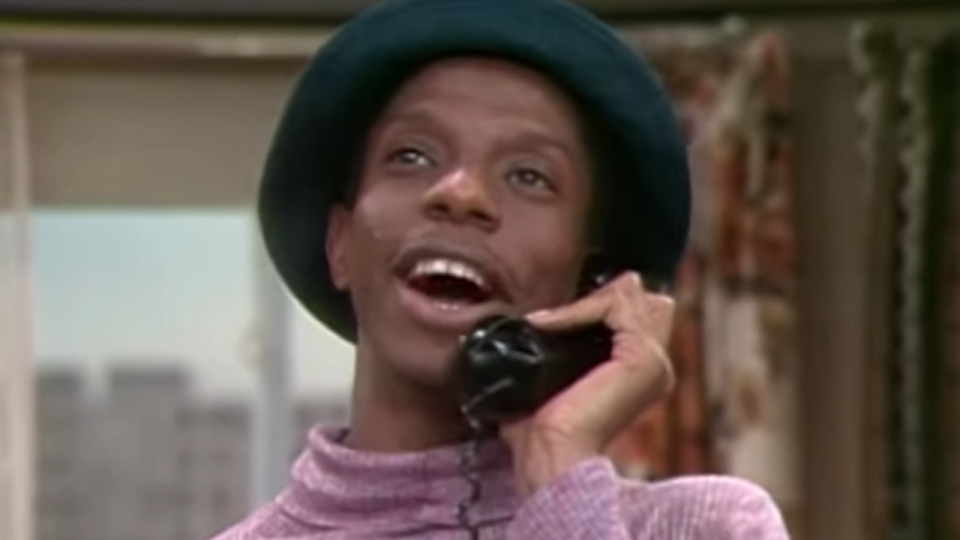
Good Times (1974-1979)
One of the most popular and influential TV shows led by Black actors from the 1970s was Good Times. Produced by Norman Lear and featuring one of the most iconic TV catchphrases -- Jimy Walker's "Dy-no-mite!" -- the sitcom chronicled the lives of the Evans Family and the struggles to make ends meet while living in a Chicago housing project.
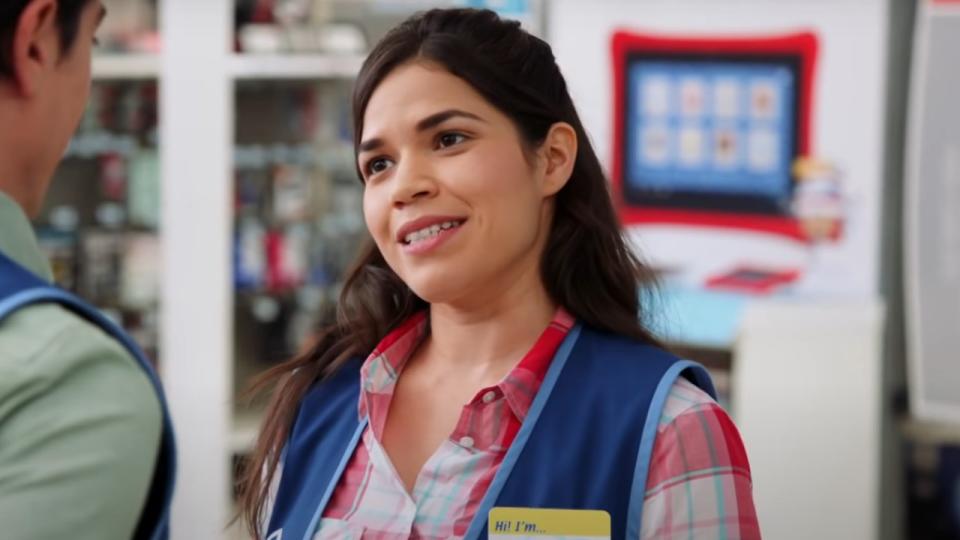
Superstore (2015-2021)
There have only been a handful of workplace comedies that take place at grocery stores and one of the more successful is creator Justin Spitzer’s NBC sitcom. America Ferrara and Ben Feldman led the Superstore cast, which was comprised of a diverse and eccentric group of employees at a Costco-esque establishment, and chronicled their funny interactions with customers and each other.
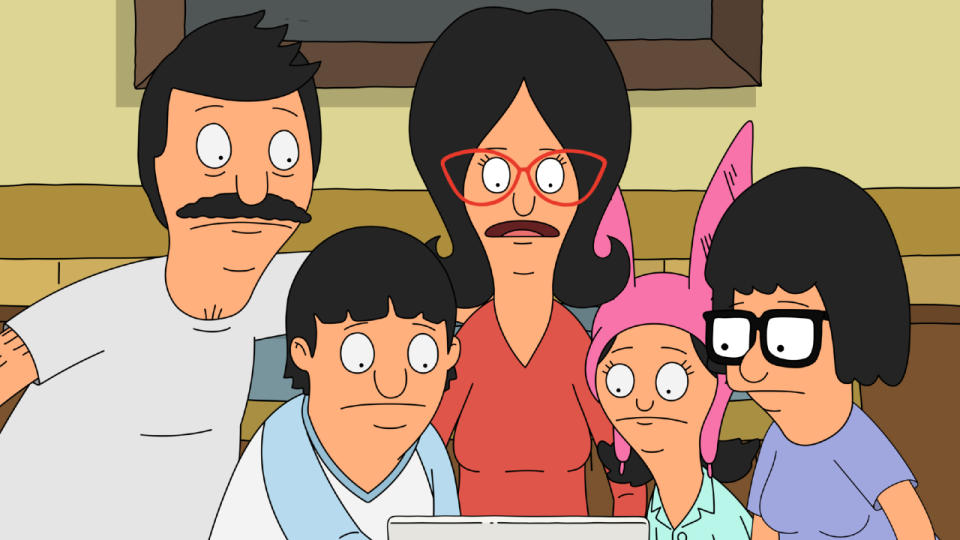
Bob’s Burgers (2011-Present)
Creators Loren Bouchard and Jim Dauterive’s Emmy-winning Fox original animated series is part workplace comedy, part family sitcom, and all deliciously hilarious. Bob’s Burgers and its 2022 feature film spin-off focus on the Belchers and the crazy situations they endure while trying to keep their eponymous restaurant up and running.
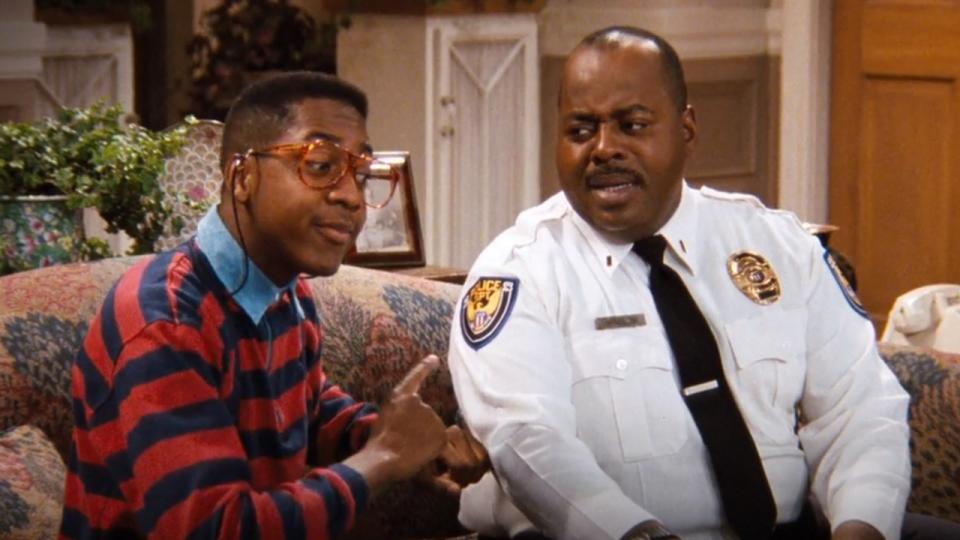
Family Matters (1989-1997)
In later seasons of Family Matters, the series shifted its primary focus to the over-the-top antics of the young, nerdy Steve Urkel (Jaleel White). However, the initial conceit of this spin-off of Perfect Strangers was to follow police officer Carl Winslow (Reginald VelJohnson), his elevator operator wife, Harriette (JoMarie Peyton), and their family in Chicago.
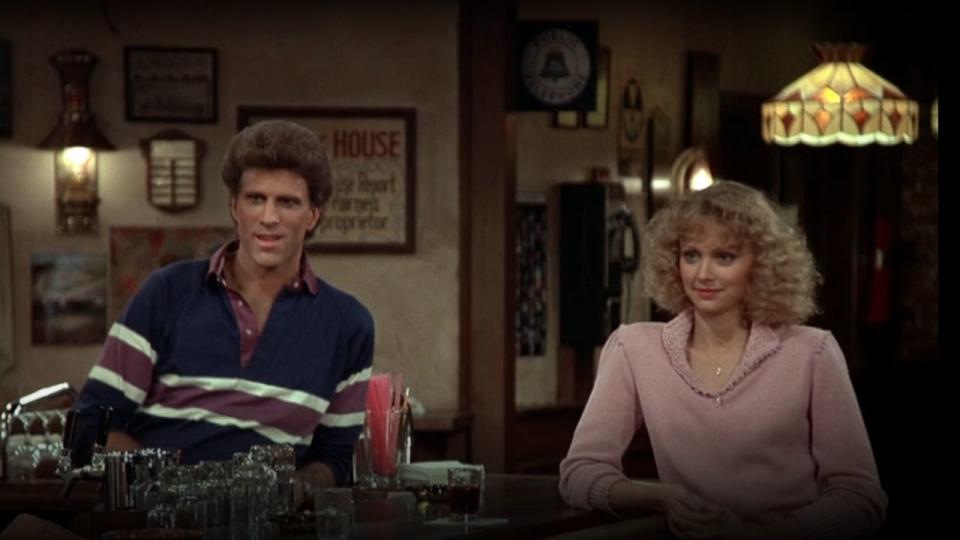
Cheers (1982-1993)
One of the first (and few) TV shows featuring a colorful mix of blue and white-collar characters in the main cast was Cheers. The long-running NBC sitcom not only focuses on the staff of the titular bar but also its regular patrons, who ranged from an accountant (George Wendt as Norm Peterson) to a mail carrier (John Ratzenberger’s Cliff) to a psychiatrist (Frasier Crane, played by Kelsey Grammer).
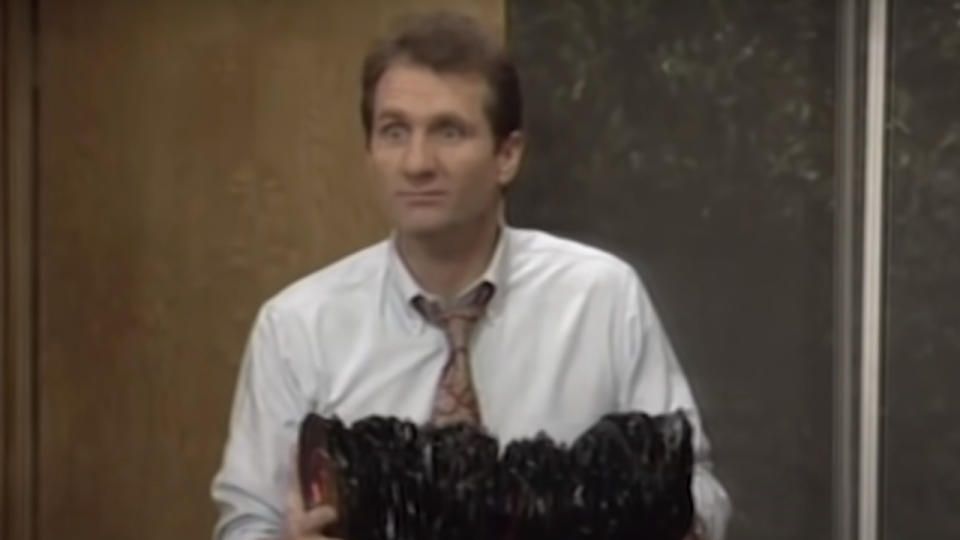
Married… With Children (1987-1997)
Rarely had a sitcom expressed such a cynical perspective on the blue-collar lifestyle — and the American family in general — before the debut of the polarizing, but long-lasting, Married… with Children. Housewife Peggy Bundy (Katey Segal), dim-witted teen Kelly (Christina Applegate), and her younger brother, Bud (David Faustino), constantly mock patriarch, Al (Ed O’Neill), whose women’s shoe salesman job is the family’s sole source of income.
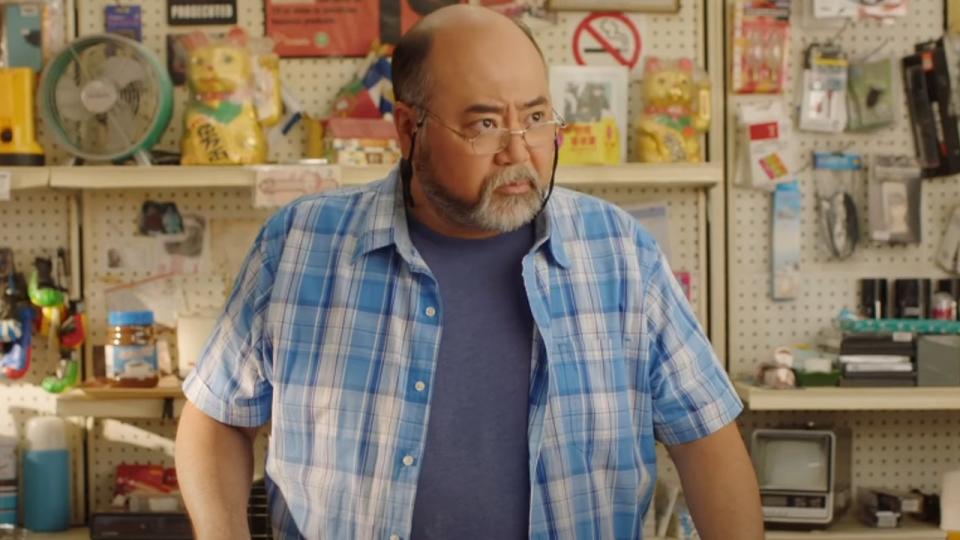
Kim's Convenience (2016-2021)
One of the best, and most underrated, TV shows centered on Asian characters in recent memory is Kim’s Convenience. The title refers to a one-stop shop owned and operated by a Korean-Canadian family — including Paul Sun-Hyung Lee as Appa, Jean Yoon as Umma, Andrea Bang as Janet, and, as the character Jung, future MCU star Simu Liu.
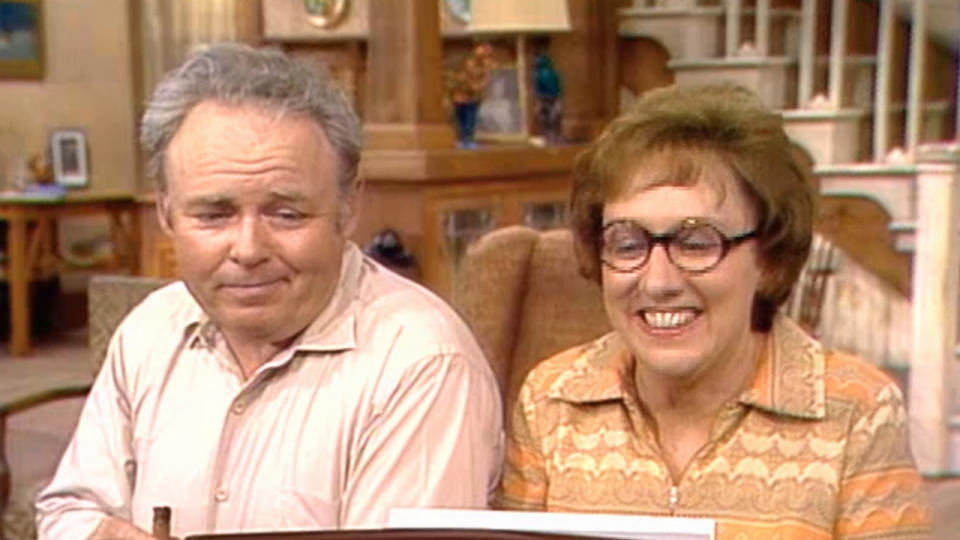
All In The Family (1971-1979)
One of the most acclaimed and most popular TV shows of its time was All in the Family, Norman Lear’s adaptation of the British sitcom, Till Death Do Us Part. As someone who juggles multiple jobs — including dock working and taxi driving — Archie Bunker (Caroll O’Connor) could be seen as TV’s ultimate representation of the working class, if not for his incessant bigotry making it harder for some to identify with or warm to him.
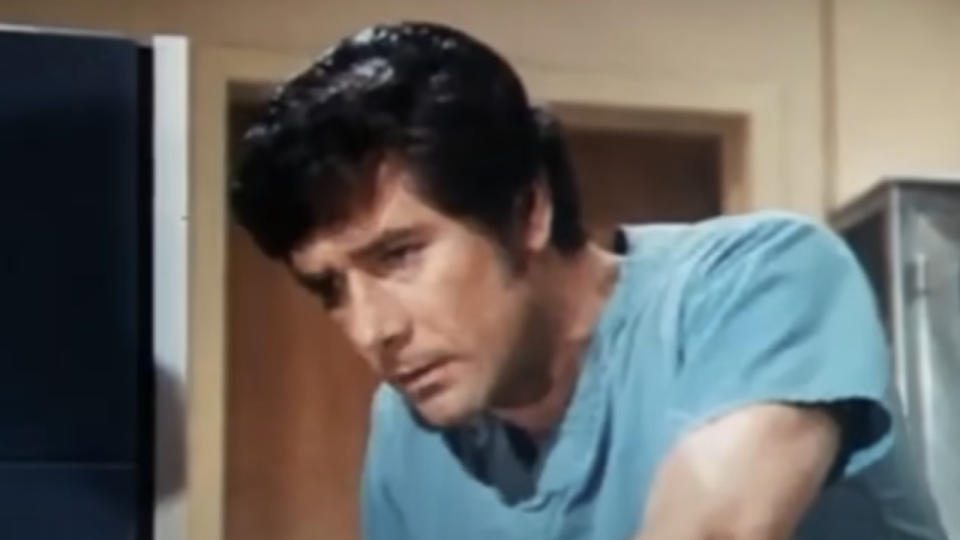
Emergency! (1972-1979)
Some of the most thankless, but especially important, professions that are considered part of the blue-collar category are first responders, such as firefighters and paramedics. Their daily dealings with life and death were chronicled on Emergency!, which took place in the same universe as a popular cop drama called Adam-12.

Happy Days (1974-1984)
While the main focus of creator Garry Marshall’s sitcom was the misadventures of teens throughout the 1950s and 1960s, Happy Days had its fair share of blue-collar workers in the main cast. For instance, Howard Cunningham (Tom Bosley) — father of Ron Howard’s Richie — was a hardware store owner and Arthur “The Fonz” Fonzarelli (Henry Winkler) was a mechanic.
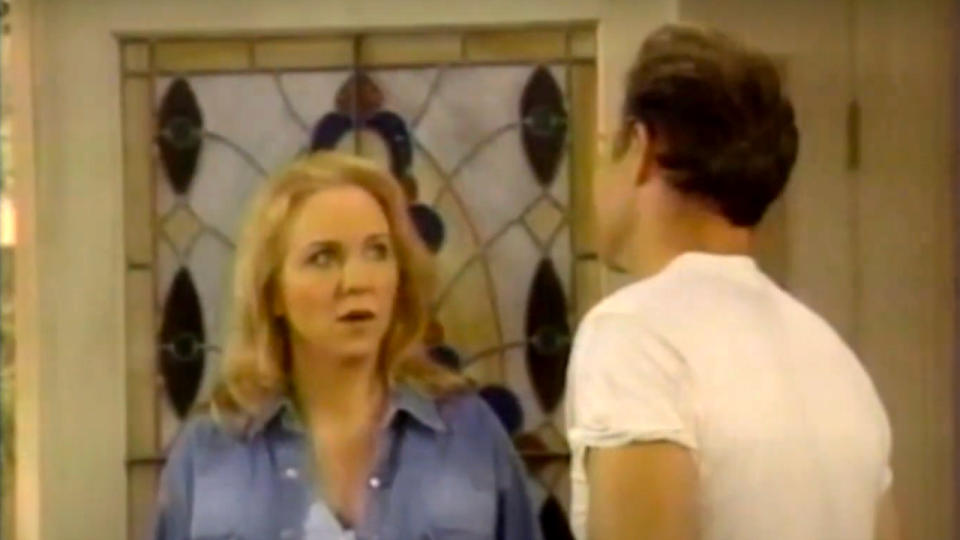
Grace Under Fire (1993-1998)
ABC’s Grace Under Fire is the story of a single mother (played by Brett Butler) struggling to recover from her vices and a divorce from an abusive man. While that may sound quite dramatic, it is actually a comedy from creator Chuck Lorre in which much of the humor comes from the title character’s relationships with her colleagues at an oil refinery and others.
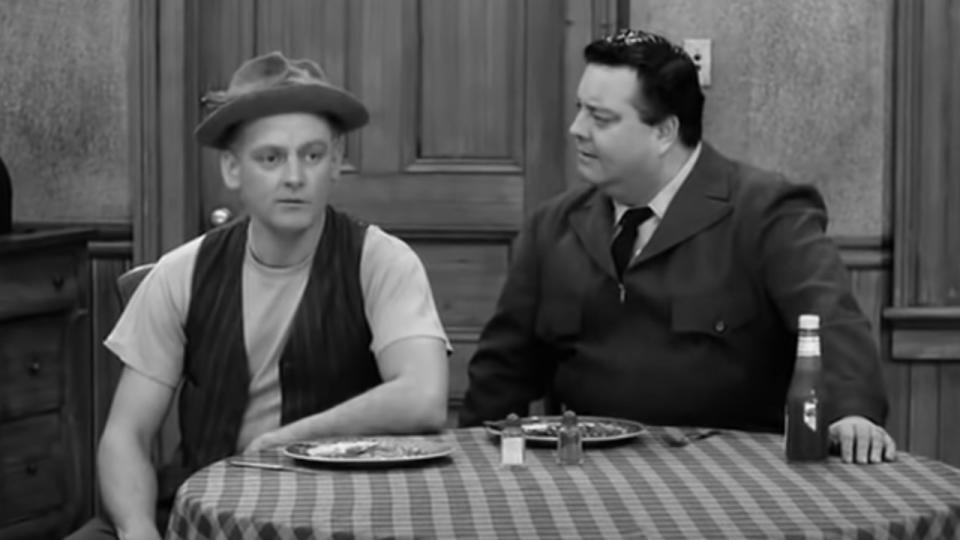
The Honeymooners (1955-1956)
One of Jackie Gleason’s most iconic creations is the seminal sitcom, The Honeymooners, which was spun off from a recurring sketch on his eponymous variety show. He stars as New York City bus driver Ralph Kramden, who teams up with his best friend, a sewer worker named Ed Norton (Art Carney) on a series of get-rich-quick schemes that always end unfavorably, despite warnings from their wives.
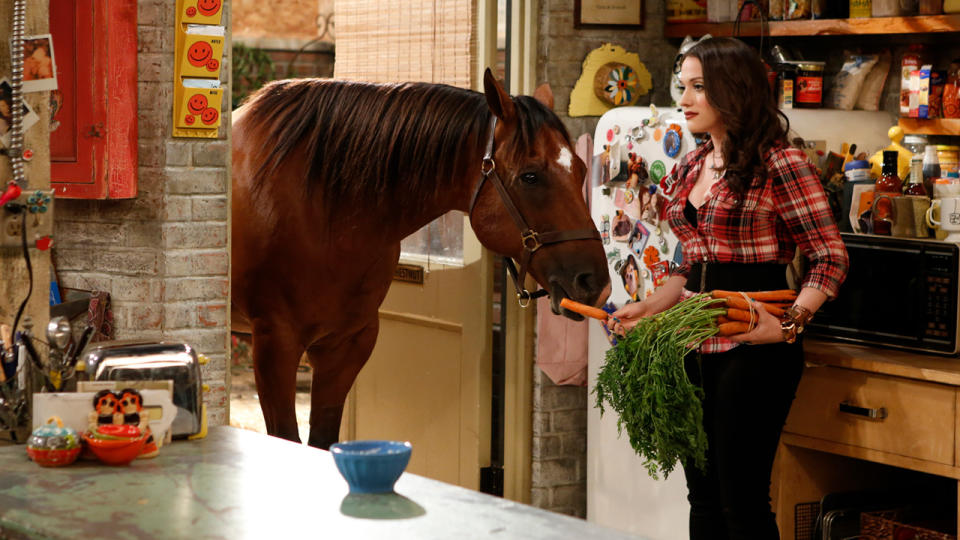
2 Broke Girls (2011-2017)
From creators Whitney Cummings and Michael Patrick King, the Emmy-winning 2 Broke Girls depicts the blue-collar life from the perspectives of both a veteran and a newcomer. The sitcom stars Kat Dennings as sarcastic diner server Max, who strikes up an unlikely friendship with her new co-worker, Caroline (Beth Behrs), who lost her fortune after her father’s involvement in a Ponzi scheme puts him behind bars.
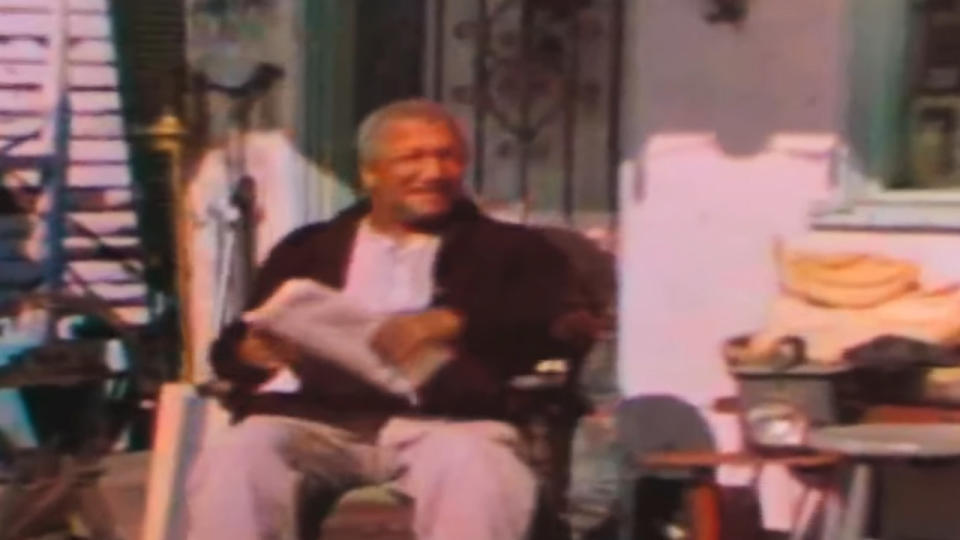
Sanford & Son (1972-1978)
Redd Foxx received multiple Emmy award nominations for his performance as Fred Sanford in Sanford & Son. The legendary sitcom’s title refers to the junkyard business that the curmudgeonly character runs with his son, Lamont (Demond Williams).
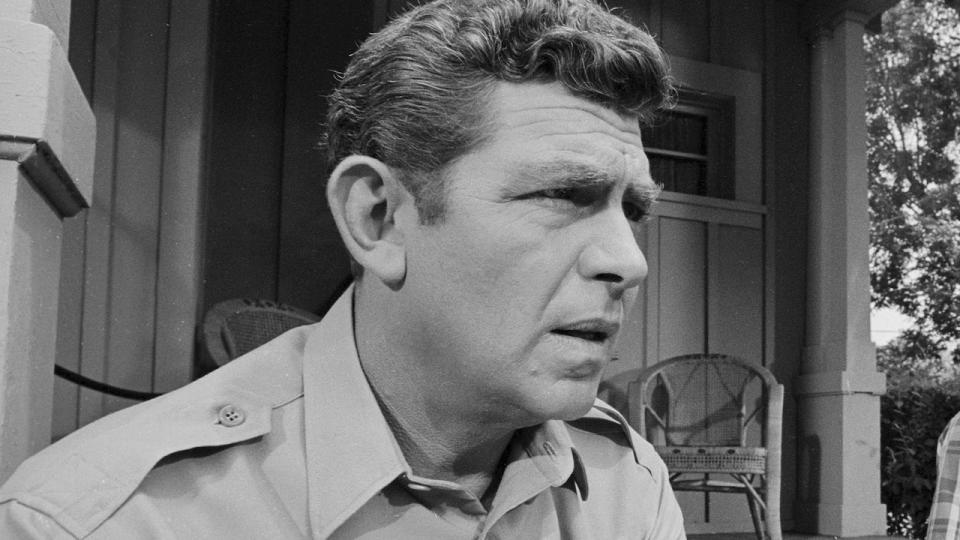
The Andy Griffith Show (1960-1968)
The timelessly wholesome and hilarious classic, The Andy Griffith Show, was set in a quaint small town full of blue-collar characters called Mayberry. The main focus, of course, was the eponymous star’s role of Andy Taylor as he raises Opie (Ron Howard), with help from Aunt Bee (Frances Bavier) and runs the local sheriff’s department with his cousin and bumbling deputy, Barney Fife (Don Knotts).
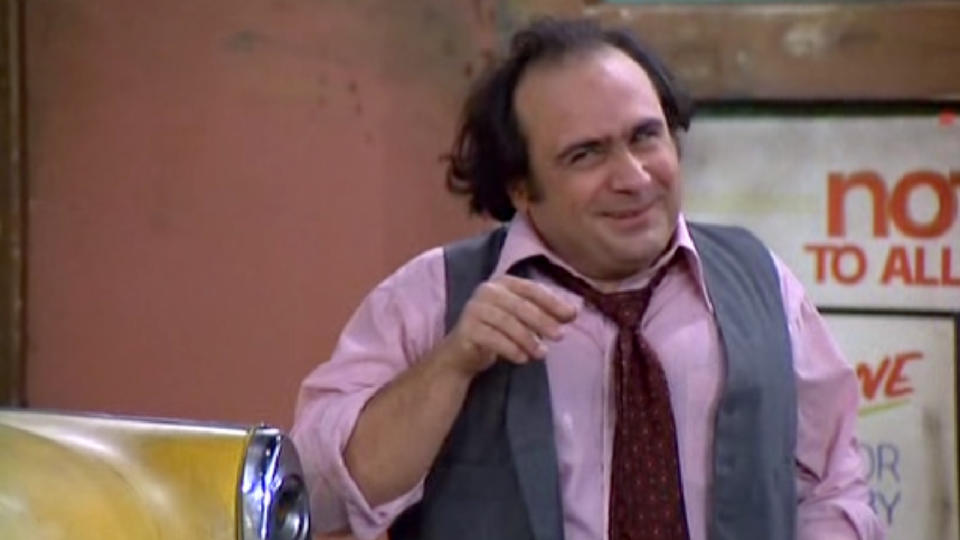
Taxi (1978-1983)
Multiple Emmy Awards went to Taxi in the late ‘70s and early ‘80s. The sitcom featured rising stars like Judd Hirsch, Danny DeVito, Tony Danza, and more as the staff of a New York City cab company who maintain a close bond with one another when they are not on the roads.
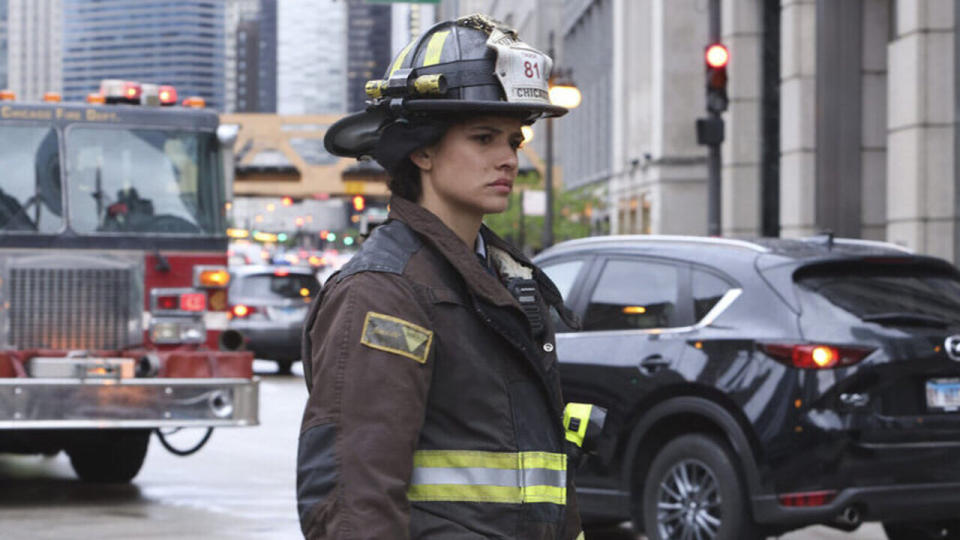
Chicago Fire (2012-Present)
Sometimes the greatest challenges firefighters and paramedics face have nothing to do with the flames they put out or the people they save from the brink of death. Said topic is explored on Chicago Fire — the parent series of NBC’s One Chicago franchise — which would see many changes to its cast over the years.
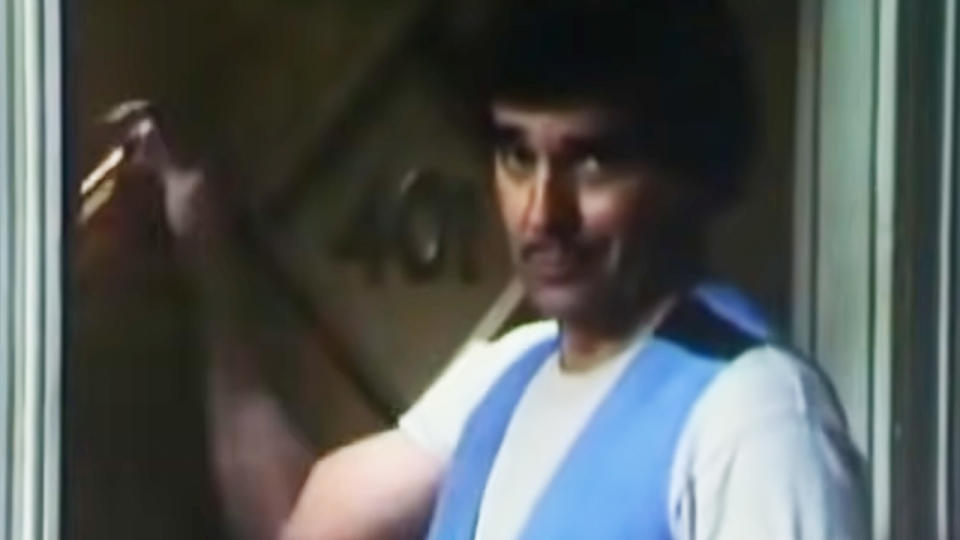
One Day At A Time (1975-1984)
Loosely based on the life of Whitney Blake before she met her husband and co-creator Allan Mannings, One Day at a Time follows a divorced single mother (played by Bonnie Franklin), her two teenage daughters (played by Valerie Bertinelli and Mackenzie Phillips), and a building superintendent (played Pat Harrington Jr.) whom they grow close to. The sitcom was later reimagined as a Netflix original series about a Latino family and which starred Justina Machado and Academy Award winner Rita Moreno.
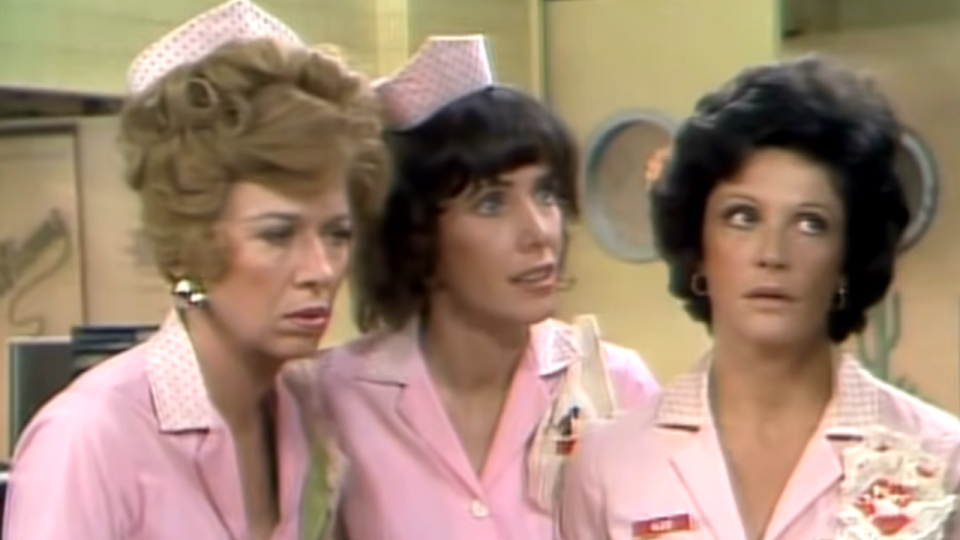
Alice (1976-1985)
Linda Lavin starred in Alice as the titular server at a diner who dreams of being a singer. The long-running sitcom was actually inspired by a 1974 drama called Alice Doesn’t Live Here Anymore, by director Martin Scorsese. The show centered on all the workers in the diner.
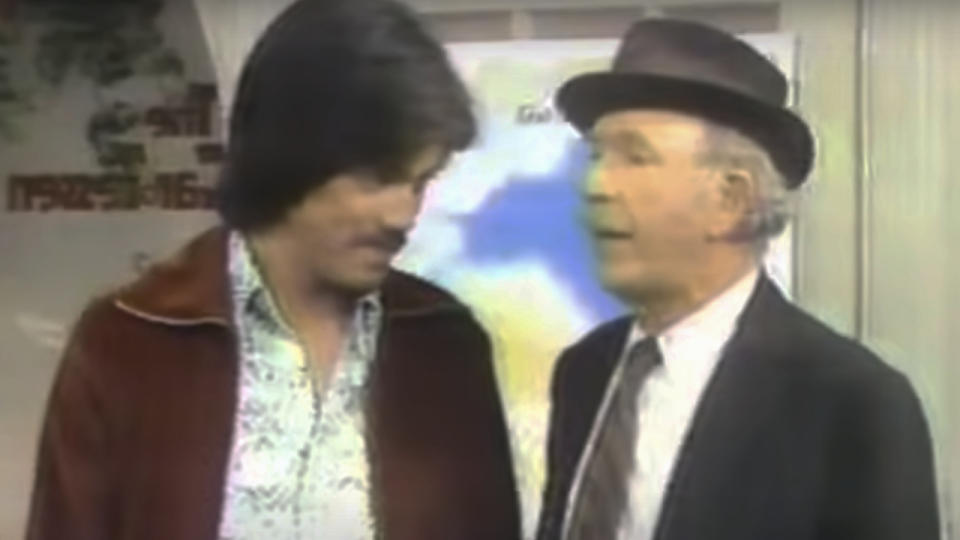
Chico And The Man (1974-1978)
The relationship between aging American mechanic Ed “The Man” Brown (Willy Wonka and the Chocolate Factory star Jack Albertson) and his young, Mexican employee, Chico Rodriguez (comedian Freddie Prinze, father of Freddie Prinze Jr.), was the focus of this hit sitcom. Chico and the Man has an unfortunately tragic history as it was forced to write Chico out of the show amid Prinze’s passing in 1977.
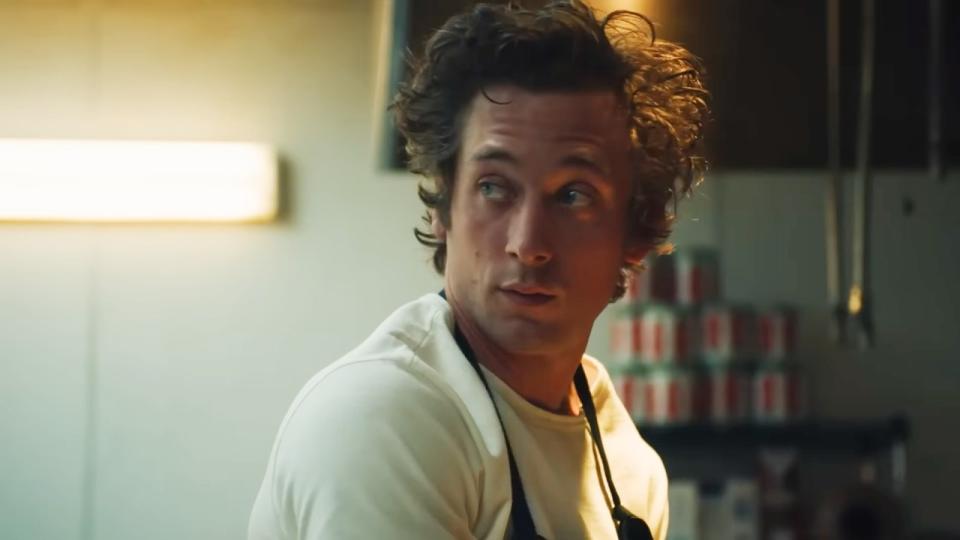
The Bear (2022-Present)
Following his tenure in Showtime’s Shameless cast, Jeremy Allen White went on to lead FX’s The Bear cast to phenomenal acclaim. His character, Carmen “Carmy” Berzatto, is a chef who leaves the world of fine dining and moves into the chaotic world of his family’s sandwich shop in Chicago as its new owner.

Laverne & Shirley (1976-1983)
Arguably the best of the several great TV spin-offs begat from Happy Days was Laverne & Shirley, starring Penny Marshall and Cindy Williams. The sitcom saw the eponymous duo take on several different professions — such as bottle factory cappers and department store gift wrappers — while living together in the 1950s and 1960s.
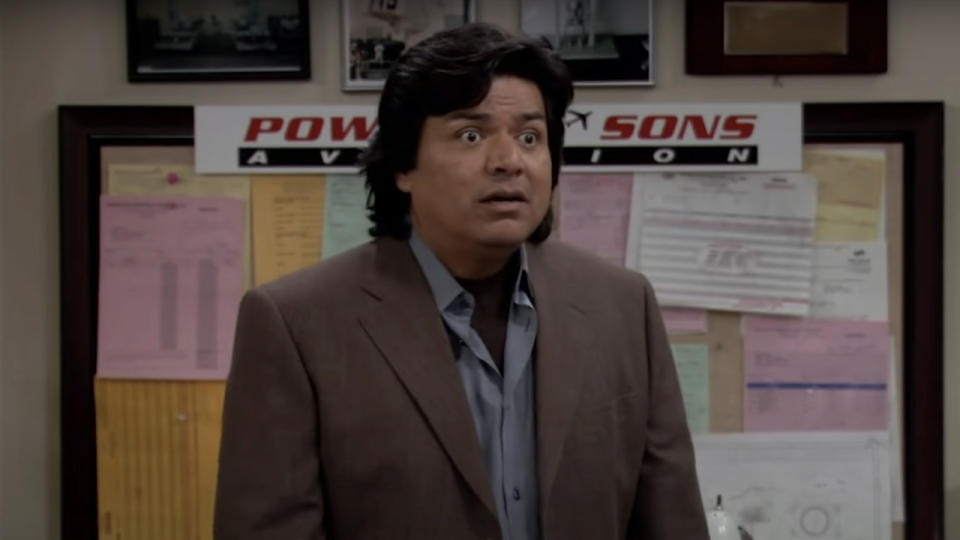
George Lopez (2002-2007)
Comedian George Lopez first became sitcom royalty when his self-titled sitcom debuted on ABC. His character in the family comedy was the manager of an airplane parts manufacturing plant in Los Angeles.
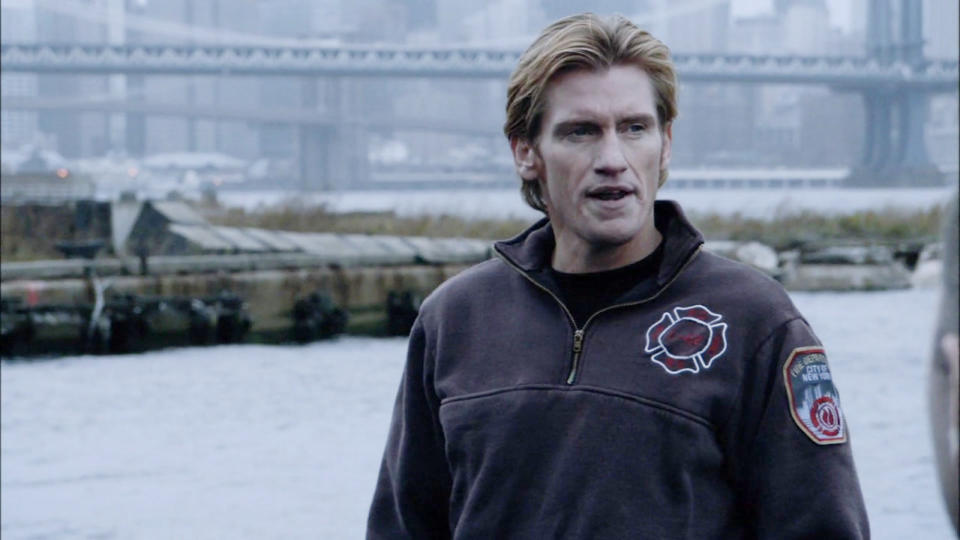
Rescue Me (2004-2011)
One of Denis Leary’s most acclaimed creations is his and Peter Tolan’s Emmy-winning FX dramedy, Rescue Me. The comedian also leads the cast as a veteran New York City firefighter who also has his personal battles to contend with involving PTSD as a result of his first-hand experience with the tragic events on September 11, 2001.
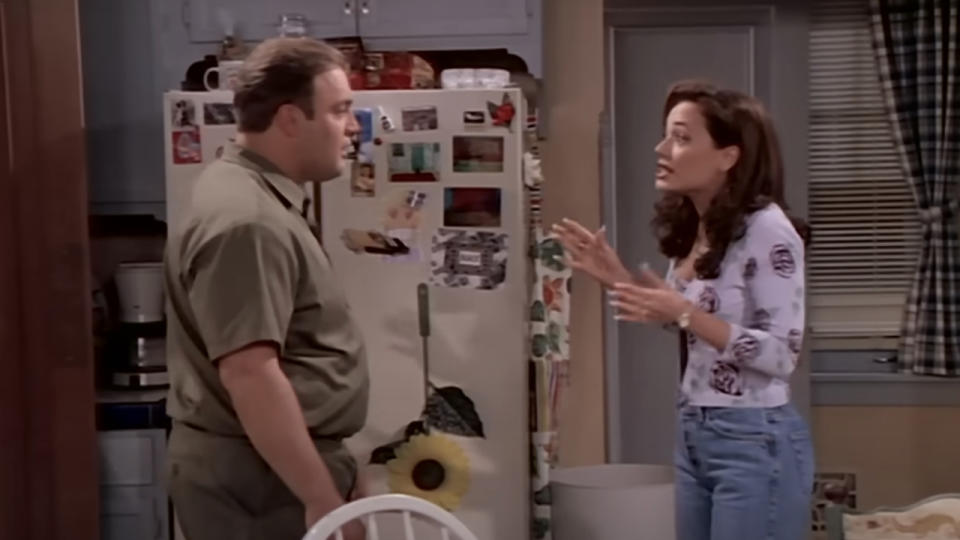
The King Of Queens (1998-2007)
The King of Queens featured a refreshing reversal of typical gender norms in sitcoms — in terms of the central characters’ professions, at least. While Carrie Heffernan (Leah Remini) had a white-collar job as a secretary at a law firm and, later, a real estate office, her husband, Doug (comedian Kevin James) made a living as a driver for a UPS-esque delivery service.
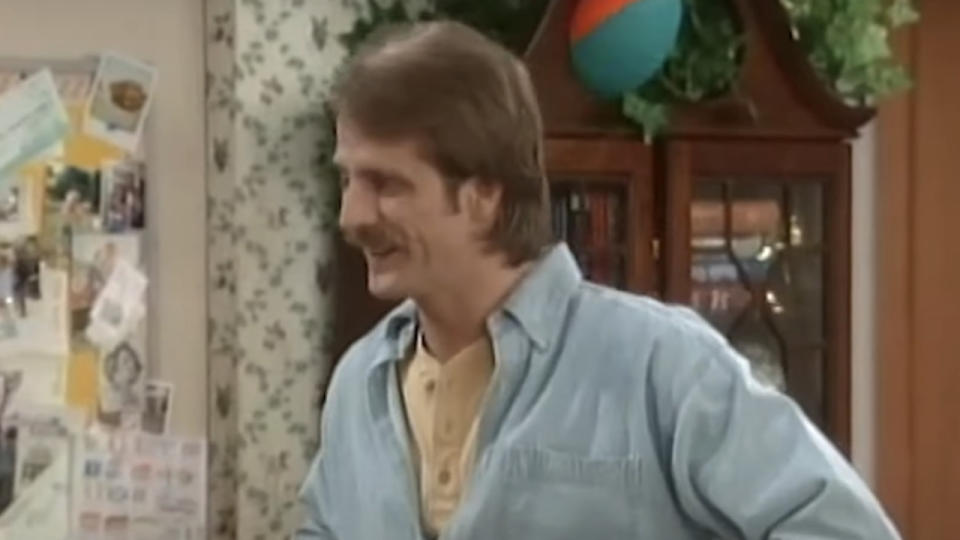
The Jeff Foxworthy Show (1995-1997)
Before becoming a part of the Blue Collar Comedy Tour, comedian Jeff Foxworthy played a blue-collar worker on a TV comedy. His character on the short-lived sitcom, The Jeff Foxworthy Show — also named Jeff Foxworthy — provided for his family by repairing air conditioners.
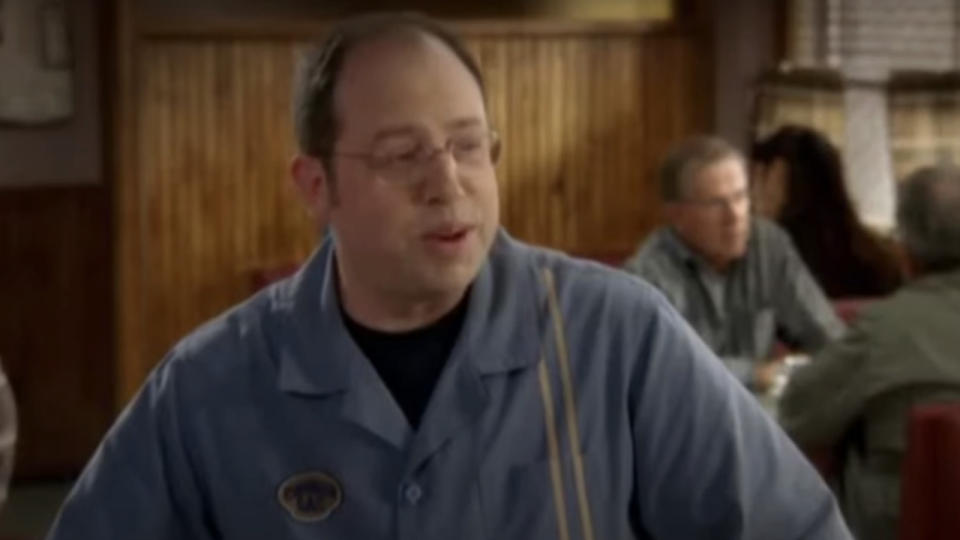
Corner Gas (2004-2009)
Comedian and co-creator Brent Butt stars in Corner Gas as the owner and operator of the only gas station for miles in a rural Canadian town. The sitcom would inspire a follow-up movie in 2014 and was rebooted as an animated series in 2018.
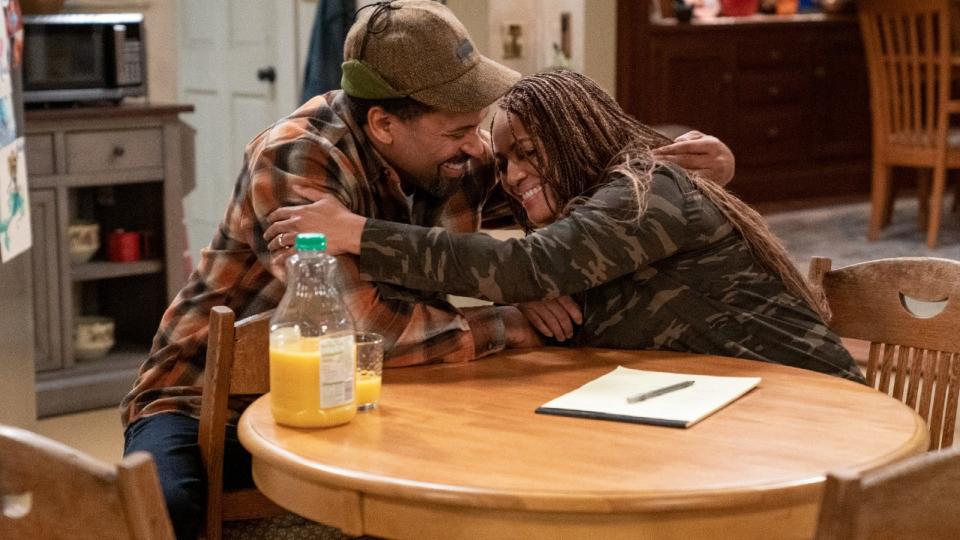
The Upshaws (2021-Present)
Comedy icons Mike Epps, Kim Fields (from the Living Single cast), and co-creator Wanda Sykes lead this hit Netflix original sitcom about a working-class Black family from Indiana. Epps’ character, Bennie, is the owner of a garage.
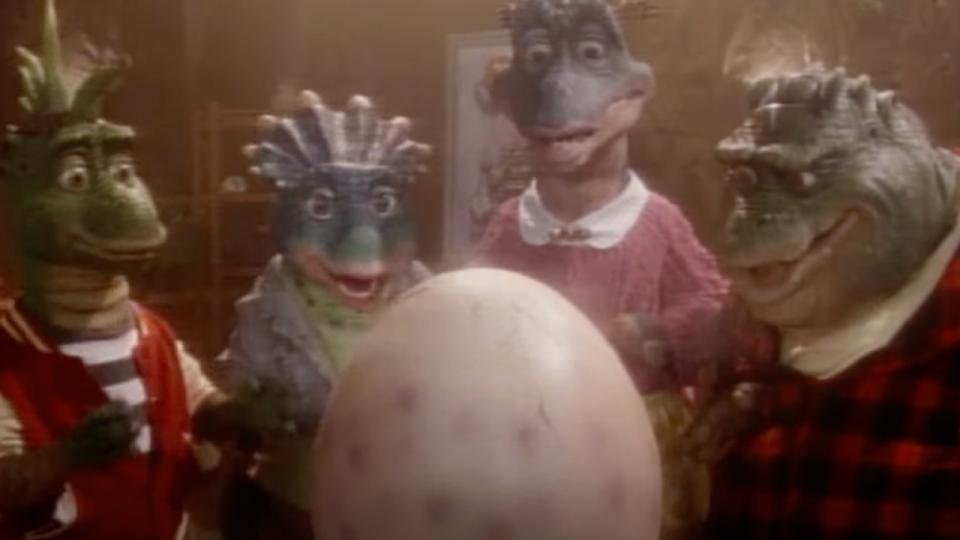
Dinosaurs (1991-1994)
One of the most undeniably unique depictions of the life of a working-class family on TV came from the aptly titled sitcom, Dinosaurs. From Boy Meets World creator Michael Jacobs and Jim Henson Productions, the series followed a family of prehistoric creatures — headed by tree pusher Earl (voiced by Stuart Pankin) — leading a life similar to that of civilized humans.
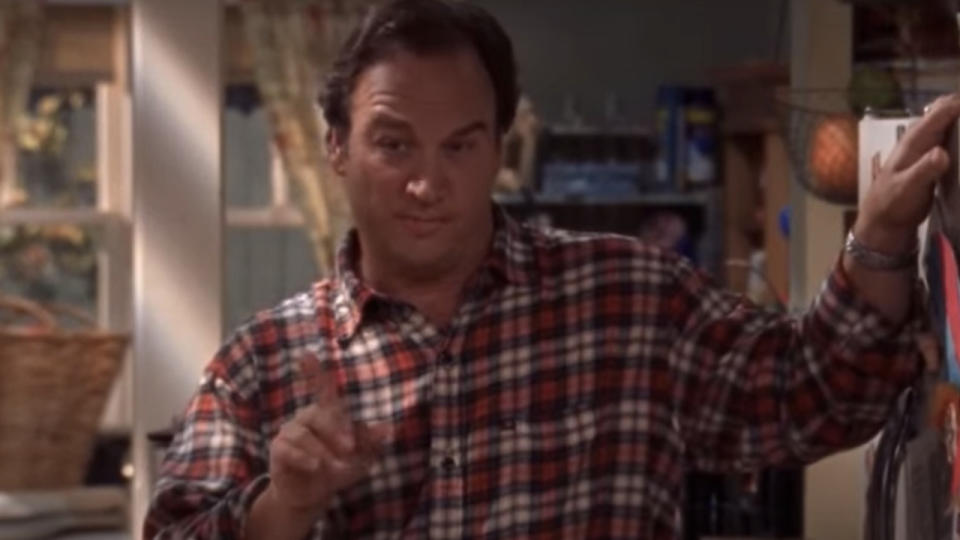
According To Jim (2001-2009)
Years after his SNL tenure, Jim Belushi — younger brother of John Belushi — landed his own sitcom on ABC called According to Jim. He played a scheming husband and father of three girls who owns a successful construction business, for which his brother-in-law (played by Larry Joe Campbell) also works as an architect.
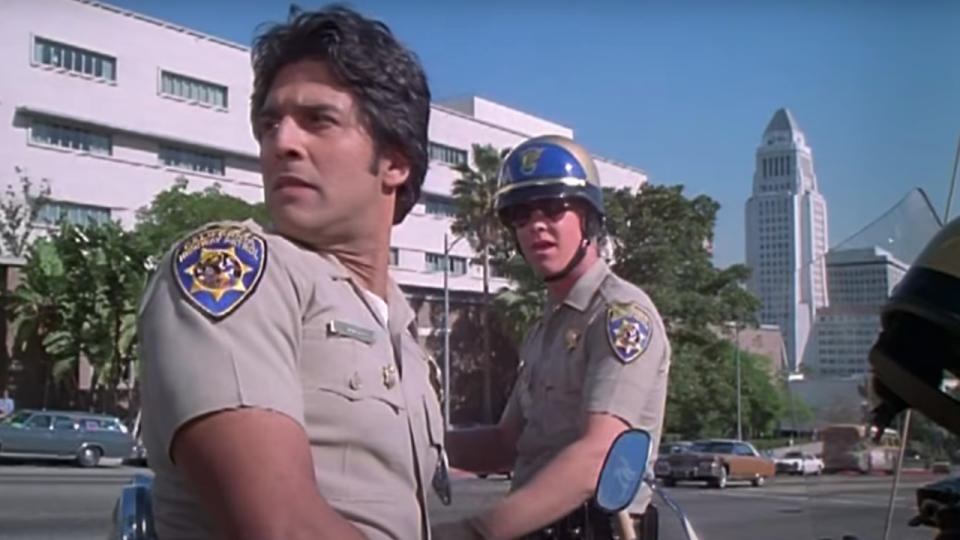
CHiPs (1977-1983)
The title of CHiPs is really an acronym for “California Highway Patrol.” Such is where the long-running crime drama’s lead characters, Frank “Ponch” Poncherello (Erik Estrada) and Jon Baker (Larry Wilcox), made a living.
TV can often serve as a great escape, but there is something really special about seeing everyday people on the screen. These TV shows featuring blue-collar workers prove that to be the case.
